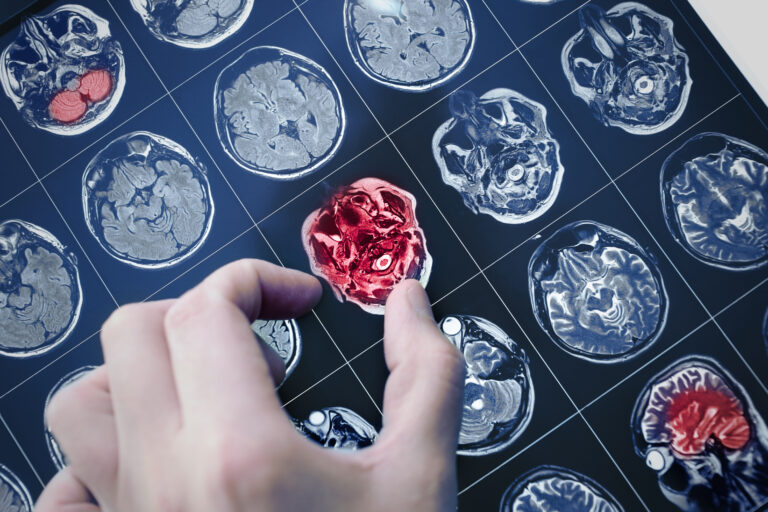Iodine-131 is used to treat thyroid cancer because it selectively targets thyroid cells, including cancerous ones, by exploiting the thyroid gland’s natural ability to absorb iodine. Although iodine-131 is radioactive and can potentially cause cancer, its therapeutic benefits in destroying thyroid cancer cells outweigh the risks when used carefully under medical supervision.
The thyroid gland uniquely absorbs iodine from the bloodstream to produce thyroid hormones, which regulate metabolism. Iodine-131 is a radioactive isotope of iodine that emits beta particles and gamma rays. When administered, usually orally, iodine-131 is taken up primarily by thyroid cells because they cannot distinguish it from the stable iodine they normally use. This selective uptake allows iodine-131 to deliver targeted radiation directly to thyroid tissue, including cancer cells, minimizing damage to other parts of the body.
The beta radiation emitted by iodine-131 has a short range, which means it destroys thyroid cells locally by damaging their DNA and cellular structures, leading to cell death. This property makes iodine-131 effective in ablating residual thyroid tissue after surgery and in treating metastatic thyroid cancer that still absorbs iodine. The gamma radiation emitted allows doctors to image the thyroid and track the distribution of iodine-131 in the body.
Despite its usefulness, iodine-131’s radiation can also damage DNA in normal cells, potentially causing mutations that lead to cancer. This risk is why iodine-131 is used cautiously, with doses carefully calculated to maximize cancer cell destruction while minimizing exposure to healthy tissues. Patients receiving iodine-131 therapy are monitored closely, and precautions are taken to limit radiation exposure to others.
The paradox of iodine-131 is that while it can induce cancer through radiation damage, it is also one of the most effective treatments for thyroid cancer because it exploits the thyroid’s unique iodine uptake mechanism. The risk of secondary cancers from iodine-131 treatment is relatively low compared to the benefit of controlling or curing thyroid cancer, especially since thyroid cancer generally has a good prognosis with appropriate treatment.
In summary, iodine-131 treats thyroid cancer by delivering targeted radiation to thyroid cells, killing cancerous tissue while sparing most other tissues. Its potential to cause cancer exists but is outweighed by its therapeutic value when used properly. This balance between risk and benefit is carefully managed in clinical practice to provide effective treatment with minimal harm.





